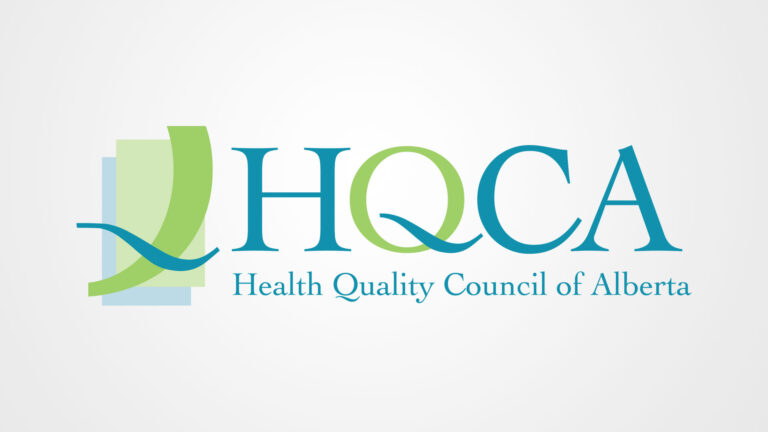
A competent, confident licensee can lead a pharmacy team to success. They lay the foundation for quality pharmacy practice through leadership, supervision, and mentoring of pharmacy staff, and are critical to the overall success of the pharmacy
The licensee is responsible for ensuring their pharmacy, and all pharmacy team members, comply with or exceed ACP’s Standards of Practice, Standards for the Operation of Licensed Pharmacies, and Code of Ethics, and that they demonstrate the competencies, values, and professional behaviours expected of their role. There are instances when pharmacy team members and even the licensee themselves do not fully understand the role of the licensee, which can result in a lack of oversight in the pharmacy and confusion about responsibilities.
To address this issue, Council developed this goal as part of its 2021-25 strategic plan: Licensees are qualified and held responsible for practice in their pharmacy.
To achieve this, ACP will define the key competencies and behaviours expected and required of licensees. ACP will also fine-tune the Licensee Education Program (LEP), which is among the requirements listed in ACP’s licensee criteria that must be met for a pharmacist to become a licensee.
The LEP, launched in June 2020, has been successful in helping current, new, and potential licensees, and proprietor’s agents, gain a deeper understanding about their roles and responsibilities.
ACP registration policy lead Rakhee Patel notes that the program is a fluid module, updated annually to meet the needs of licensees and the college.
“As licensees become confident and capable in certain skills, and need more support in others, the content and case studies of the LEP will also evolve,” explained Rakhee. “We’ll also adjust the program to account for any changes in the pharmacy environment.”
ACP registration director Debbie Lee believes the LEP is beneficial for all pharmacy team members, not just pharmacists interested in applying for a pharmacy licence.
“Even for experienced licensees, it’s good to get a refresher on some of our processes, for example, when must you apply to ACP for approval prior to doing something, for example, renovating your pharmacy,” said Debbie. “It’s also an opportunity to be reminded of the legislation and ensure your pharmacy is fully compliant.”
A detailed explanation of the LEP is available in the July 2020 issue of Full Scale.
While completing the LEP will contribute to a licensee’s success, being a licensee requires an enhanced set of skills compared to those of a practising pharmacist. Licensees must constantly adapt and improve these skills while performing this role.
“Traditionally, pharmacy education has focused on drug distribution and clinical skills, while other skills such as working collaboratively, providing care for different populations, contributing to health quality improvement, and managing a pharmacy team are not as formally taught,” said Rakhee. “These competencies are vitally important to licensees.”
Defining licensee-specific competencies will assist ACP in assessing individuals in these roles, and help to guide the development of future ACP programs and priorities. Licensees benefit from the transparency of clearly defined competencies foundational to their role and can use these to guide their own performance development. Additionally, pharmacy teams benefit from role clarity and can review ways of working together to identify gaps in patient care.
ACP deputy registrar Kaye Moran sums up what success looks like to ensure licensees are prepared and understand the role.
“When licensees have a better understanding of their role and have the desire to pursue professional development to fulfill those responsibilities, Albertans should have more consistent access to highly skilled and effective pharmacy teams and services.”




